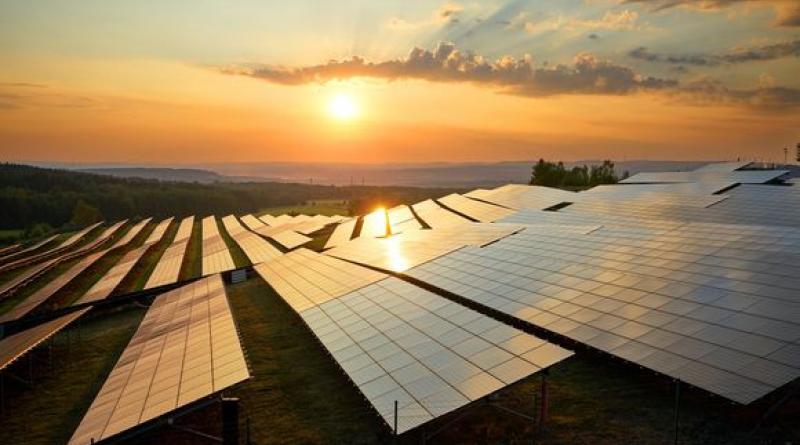Half the world's economy now eyeing net zero transition, analysis shows.

Almost $39tr of the world's GDP is now aligned, or proposing to align, with net zero emissions targets, according to ECIU
Almost half of the world's GDP is now generated in places where authorities have either set, or are proposing to set, a net zero emissions target, according to the Energy and Climate Intelligence Unit (ECIU).
The latest update to ECIU's Net Zero online tracker released today shows that move towards setting ambitious climate targets is rapidly growing around the world, with just over $39tr - around 49 per cent of the world's annual gross domestic product (GDP) - now rooted in regions and cities which either have or plan to adopt a net zero target.
The data represent a tripling of global net zero ambition in just eight months since the green NGO launched the tracker, which highlights Germany ($3.7tn GDP), California ($2.8tn GDP), the UK ($2.6tr GDP), and Tokyo ($1.9tr GDP) as among the largest economies around the world which have net zero targets in place.
The wave of net zero goals and commitments has rapidly increased since October 2018, when the Intergovernmental Panel on Climate Change (IPCC) concluded that in order to have a 50 per cent chance of keeping global warming below 1.5 degrees, as set out in the Paris Agreement, global greenhouse gas emissions need to reach net zero by 2050 if not before.
Just eight months later, the UK became the first major economy in the world to set a 2050 net zero target in law, and several major economies have since followed suit. The UK is now under significant pressure to encourage more governments to step up their climate ambitions in 2020 ahead of COP26, which is being co-hosted with Italy in Glasgow later this year.
"It's extraordinary that just 18 months on from the IPCC report that showed the scientific case for reaching global net zero emissions by 2050, nations, regions and cities representing virtually half of global GDP have set compatible goals," said EICU director Richard Black. "The majority of these targets are just targets - but still, it shows how quickly policymakers are grasping the science, and - in the case of cities and regions - deciding to act themselves when their national governments will not."
ECIU's tracker covers countries and regions with net zero targets at various levels of development, it explained. It encompasses places where net zero goals are under active political discussion, where leaders have made a political declaration, where legislation is under development, and where targets have been adopted - as well as two countries that are already carbon negative: Bhutan and Suriname.
"Having so many nations, regions and states saying they want to move to net zero is a tremendous opportunity for the UK, as host of this year's pivotal UN climate summit, to lead a meaningful global effort on net zero," Black added. "If it gets its own carbon-cutting on track to net zero well before the summit, the government and its new COP26 President Alok Sharma will be in a great position to launch something like a net-zero club of countries seriously embarking on a zero-carbon transformation."
*Title photo : The net zero trend is gaining pace around the world
18 February 2020
Business Green





